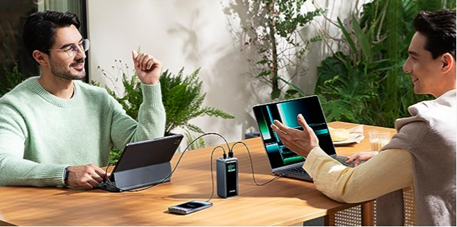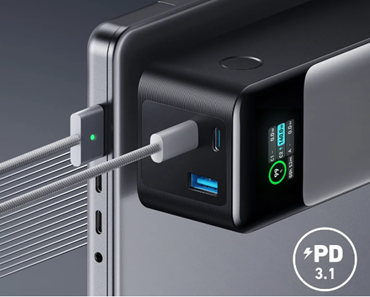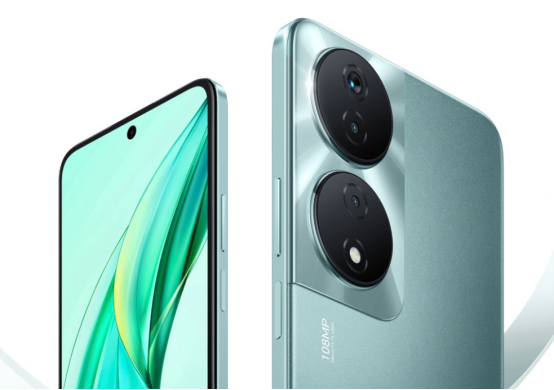In
the tech-savvy world, staying connected often means juggling multiple devices.
Whether you're a frequent traveler, a busy professional, or just someone with a
range of gadgets, having a reliable power source that can handle several
devices at once is essential. Anker power banks are renowned for their
versatility and performance, making them an excellent choice for charging
multiple devices. Here are some practical tips for using Anker power banks to
ensure you get the most out of your charging experience.

Tips for Effective Multi-Device Charging with Anker Power
Banks
A
power bank supporting multiple device charging can be a game-changer, providing
a single, convenient solution for keeping everything powered up, whether you're
traveling or working.
1. Choose the Right Power Bank Capacity
When
selecting a power bank
for charging multiple devices, capacity is key. Anker offers power banks with
varying capacities, so choose one that meets your needs. For extensive
multi-device charging, consider the Anker PowerCore 20100 or the Anker Prime
27,650mAh Power Bank. These models provide enough power to keep several devices
charged throughout the day. A higher mAh rating ensures you have sufficient
juice for extended use, especially during long trips or busy days.
2. Utilize Multiple Ports Efficiently
Anker
power banks are designed with multiple ports, including USB-A and USB-C, to
accommodate various devices. To maximize efficiency, use the appropriate port
for each device. For example, connect devices that support fast charging to
USB-C ports to take advantage of rapid power delivery. Standard devices can be
charged via USB-A ports. By utilizing each port according to your device's
charging requirements, you ensure optimal performance and quicker charging
times.
3. Prioritize Charging Based on Need
When
charging multiple devices, it's important to prioritize based on your immediate
needs. For instance, if you have a laptop that needs urgent charging and a
smartphone that can wait, connect the laptop first. Many Anker power banks
support simultaneous charging of multiple devices but can distribute power more
effectively when devices are connected in order of priority. This approach
ensures that your most critical devices receive power first.
4. Monitor Power Bank Usage
Keep
an eye on your power bank's battery level and usage to avoid running out of
power unexpectedly. Anker power banks typically feature LED indicators that
show the remaining charge. Regularly check these indicators to manage your
power usage and plan for recharging the power bank itself when necessary. Some
models, like the Anker Prime 20,000mAh Power Bank, come with digital displays
for more precise monitoring, making it easier to track remaining capacity and
charging status.

5. Optimize Charging Time
To
get the most out of your Anker power bank, optimize charging times by using
devices' fast-charging capabilities where available. Ensure that both your
devices and the power bank support fast charging standards like Power Delivery
(PD) or Quick Charge (QC) to speed up the charging process. Anker power banks
with these features, such as the Anker 737 Power Bank (PowerCore 24K), can
significantly reduce the time needed to recharge multiple devices.
6. Ensure Device Compatibility
Before
connecting multiple devices to your Anker power bank, verify compatibility to
ensure that the power bank can handle the power requirements of all connected
devices. Anker power banks are designed to be versatile, but checking device
specifications and power bank output ratings helps prevent overloading and
ensures safe, efficient charging.
Conclusion
Anker
power banks are excellent tools for managing the power needs of multiple
devices. By selecting the right capacity, utilizing multiple ports efficiently,
prioritizing charging needs, etc, you can make the most of your Anker power
bank. With these tips, you'll be well-equipped to keep your devices powered up,
whether you're on the go, working from different locations, or managing a busy
tech ecosystem.



